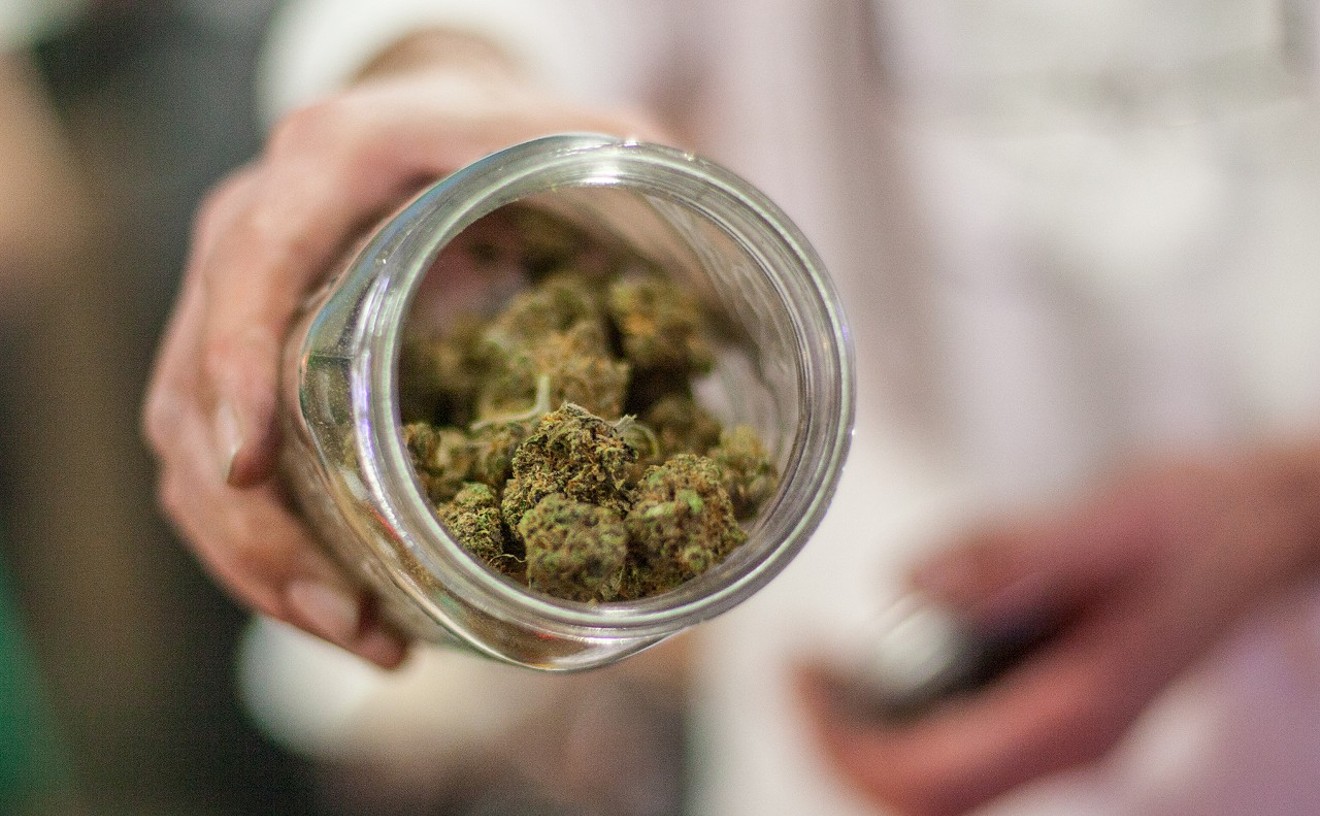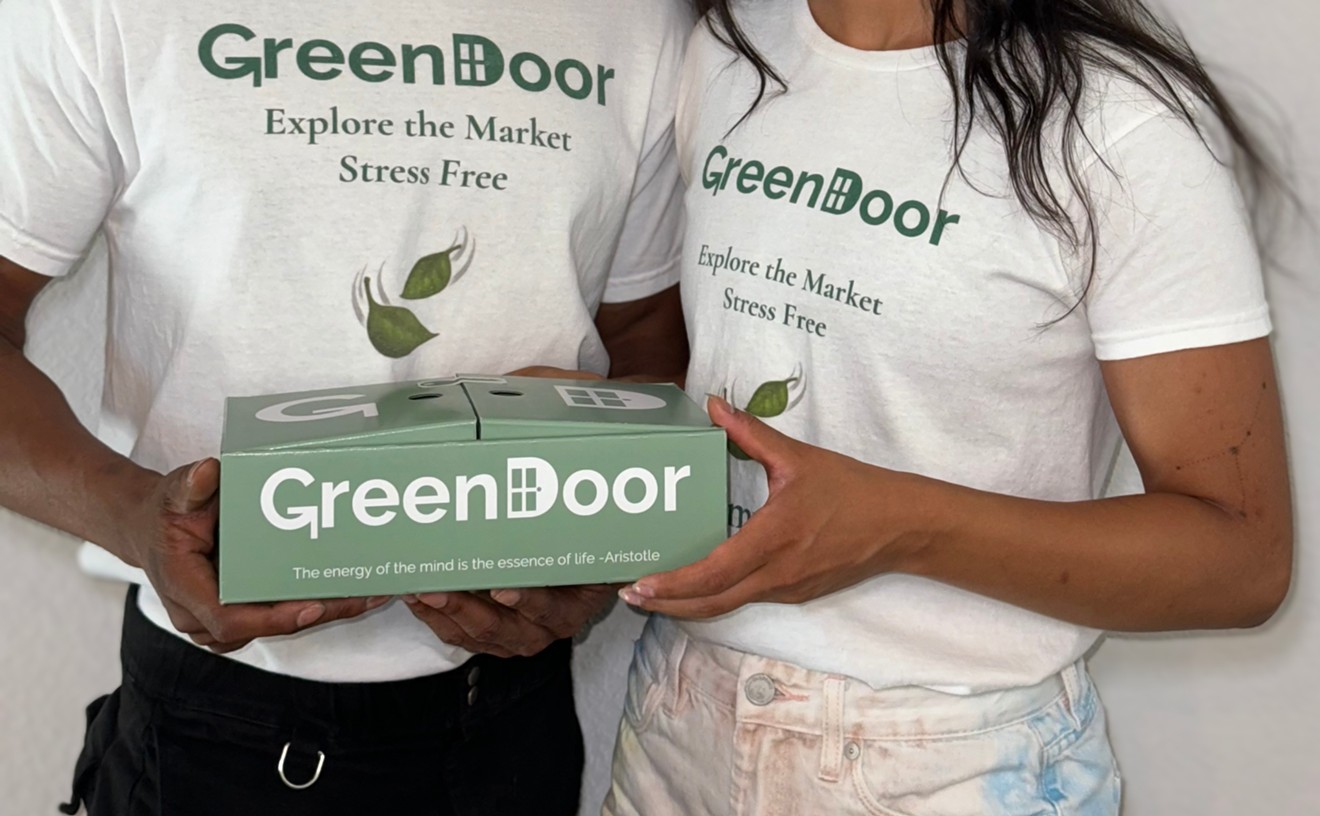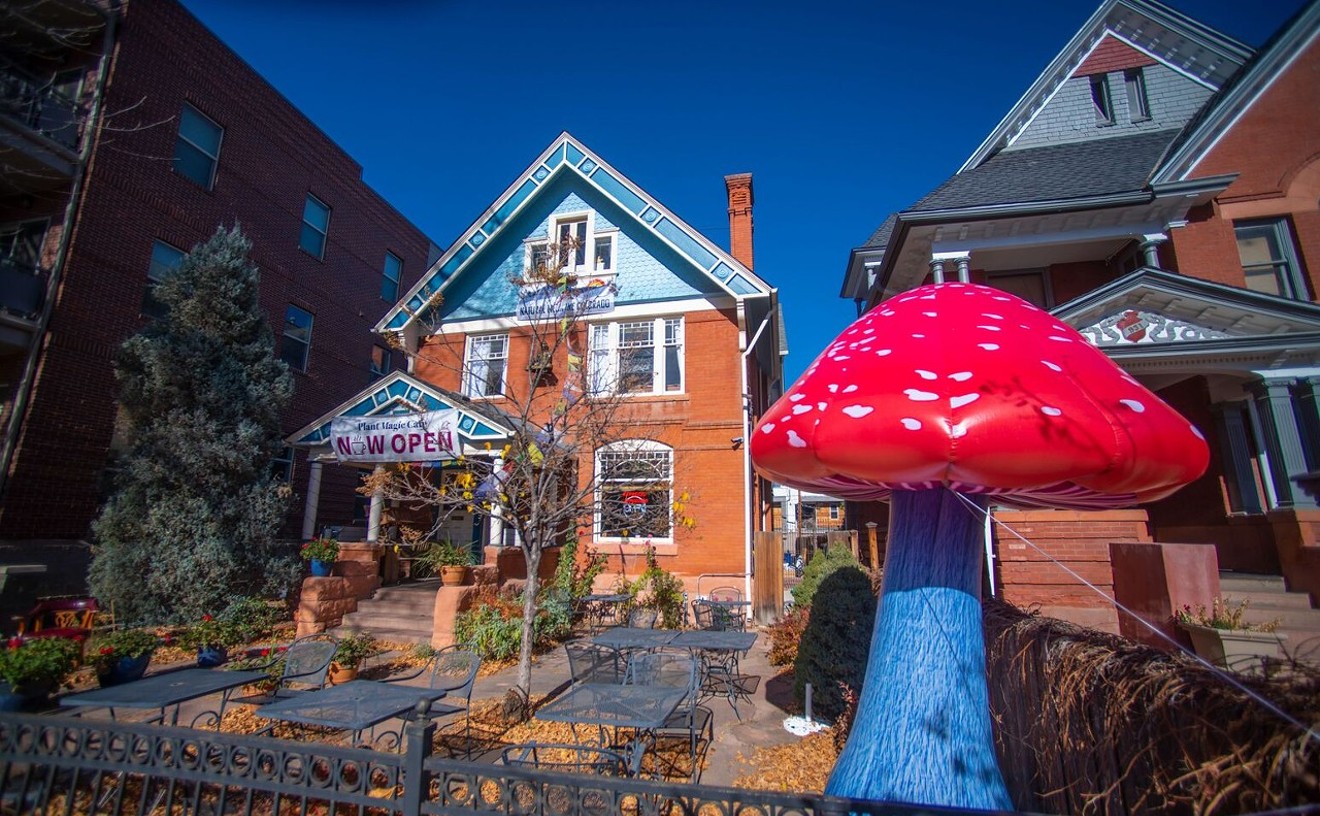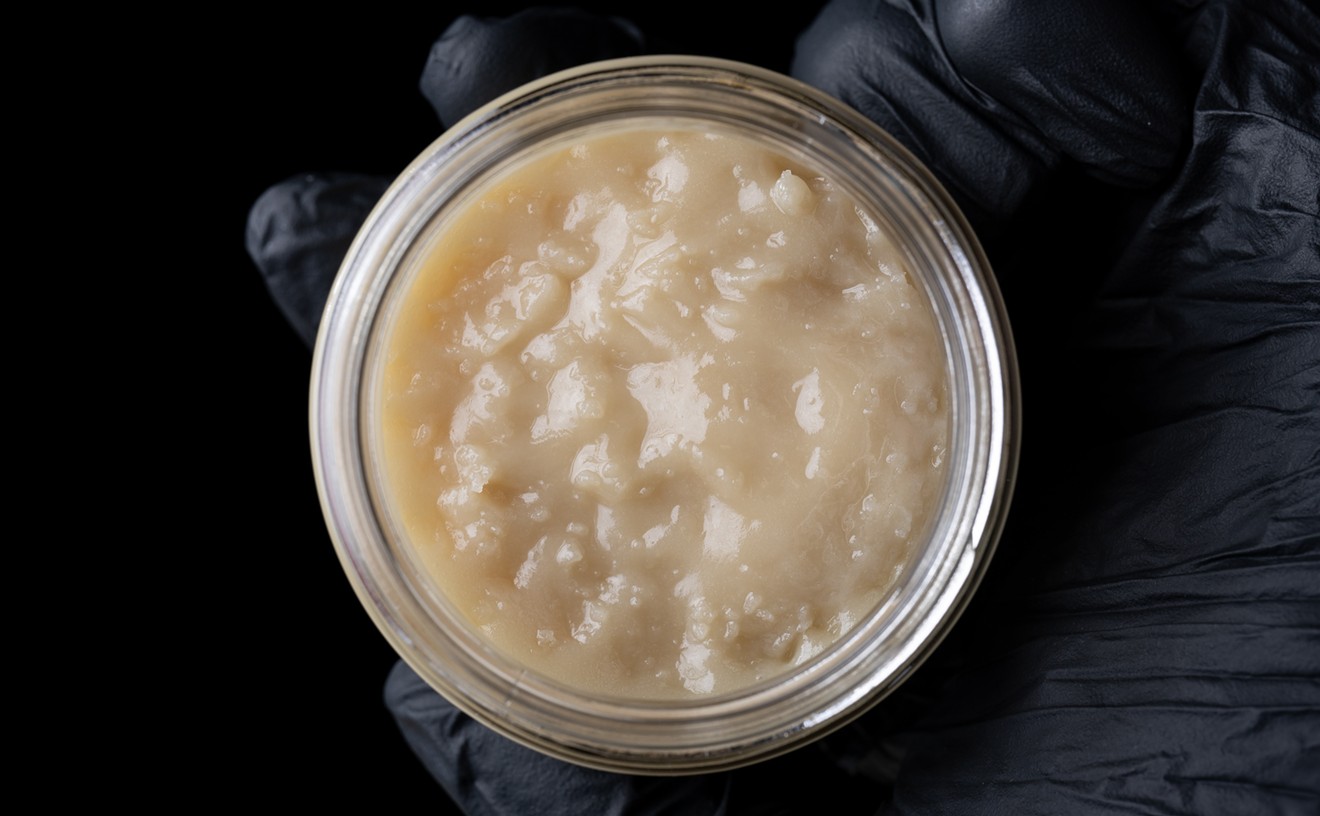Denver's original social consumption program is getting the ax as the city opts in to a newer marijuana hospitality initiative created by the state.
What a success it wasn't.
Marijuana users had high hopes in 2016 after Initiative 300, a measure allowing Denver businesses to apply for social pot consumption areas, was approved by voters in the November election. The program stipulated by that initiative was implemented nearly four years ago — though you wouldn't know it from looking around town.
From July 2017 to June of this year, just two Denver businesses were approved for social pot use, and only one of those is still open — a small lounge in the Lincoln Park neighborhood that just allows vaping and edibles.
Denver's social use program was stripped of any fun during the rulemaking process in 2016 and 2017, with stipulations added to ban indoor smoking, marijuana sales and cooking food on the premises (only packaged food and drinks could be sold), as well as location restrictions adopted that required a 1,000-foot buffer between a social-consumption area and any school, child-care establishment, drug or treatment facility, city park, pool or recreation center.
The restrictions, mostly pushed by anti-legalization groups and Mayor Michael Hancock's administration, as well as a state law prohibiting liquor licensees from holding a pot consumption license, effectively killed Denver's prospects of having licensed social use areas and businesses like those in California, Canada and even Arizona. Several attempts were made by business owners to get Denver City Council to ease the location restrictions on social pot lounges, but they were all shut down by council or the city's Department of Excise and Licenses.
Then in 2019, the Colorado Legislature passed a law creating a state licensing system for businesses interested in social marijuana use. The state's system is looser than Denver's original program, doesn't carry the same location requirements and allows restaurants to apply (as long as their liquor licenses aren't active when they host marijuana use), but local governments have to opt in to the system.
Denver City Council finally did that in April, and then officially cut the cord to the I-300 program during a meeting on June 28 — but ultimately decided to keep the same 1,000-foot location restrictions. But according to Councilwoman Kendra Black, there is still some reason for optimism.
Black led a study group that looked into the Denver consumption program and pushed for looser location restrictions in 2018 and 2019, but couldn't secure enough votes on council. As a result, she says, the biggest obstacle for prospective marijuana lounges was finding a location that sat outside the buffer of preschools.
"Based on the work I did in 2017, I do think that will still be a challenge, particularly the distance requirements from daycare, because there are thousands of daycares all over the city," she says.
However, Black believes that by allowing more businesses to apply and permitting indoor smoking, micro marijuana sales and mobile lounges — none of which were authorized under the city's original program — Denver could soon have many more spaces where marijuana users can congregate.
"The new law will be much better than the last one," she says, adding that it provides "a much better business model."
Not everyone agrees. The marijuana industry continued pushing for looser location restrictions as Denver City Council considered opting into the state's rules, highlighting a lack of locations in walkable or popular neighborhoods. And even without the clamp on locations, some of the recreational pot industry's bigger fish don't believe there's a profitable business model for social use. Yet cannabis cafes continue to open up in states and cities that were much later to recreational marijuana than Denver was.
"Offering a more robust framework for regulating social consumption of marijuana, as well as better opportunities for business owners and consumers, the marijuana hospitality program renders the cannabis consumption pilot program obsolete," an Excise and Licenses official told councilmembers during the June 28 meeting.
But based on the program's lack of success and the number of unlicensed marijuana lounges in Denver, it's safe to say that the original program was obsolete from the get-go.
[
{
"name": "Air - MediumRectangle - Inline Content - Mobile Display Size",
"component": "12017618",
"insertPoint": "2",
"requiredCountToDisplay": "2",
"watchElement": ".fdn-content-body",
"astAdList": [
{
"adType": "rectangle",
"displayTargets": "mobile"
}
]
},{
"name": "Editor Picks",
"component": "17242653",
"insertPoint": "4",
"requiredCountToDisplay": "1",
"watchElement": ".fdn-content-body",
"astAdList": [
{
"adType": "rectangle",
"displayTargets": "desktop|tablet"
},{
"adType": "rectangle",
"displayTargets": "desktop|tablet|mobile"
}
]
},{
"name": "Inline Links",
"component": "18838239",
"insertPoint": "8th",
"startingPoint": 8,
"requiredCountToDisplay": "7",
"maxInsertions": 25
},{
"name": "Air - MediumRectangle - Combo - Inline Content",
"component": "17261320",
"insertPoint": "8th",
"startingPoint": 8,
"requiredCountToDisplay": "7",
"maxInsertions": 25,
"watchElement": ".fdn-content-body",
"astAdList": [
{
"adType": "rectangle",
"displayTargets": "desktop|tablet"
},{
"adType": "rectangle",
"displayTargets": "desktop|tablet|mobile"
}
]
},{
"name": "Inline Links",
"component": "18838239",
"insertPoint": "8th",
"startingPoint": 12,
"requiredCountToDisplay": "11",
"maxInsertions": 25
},{
"name": "Air - Leaderboard Tower - Combo - Inline Content",
"component": "17261321",
"insertPoint": "8th",
"startingPoint": 12,
"requiredCountToDisplay": "11",
"maxInsertions": 25,
"watchElement": ".fdn-content-body",
"astAdList": [
{
"adType": "leaderboardInlineContent",
"displayTargets": "desktop|tablet"
},{
"adType": "tower",
"displayTargets": "mobile"
}
]
}
]












